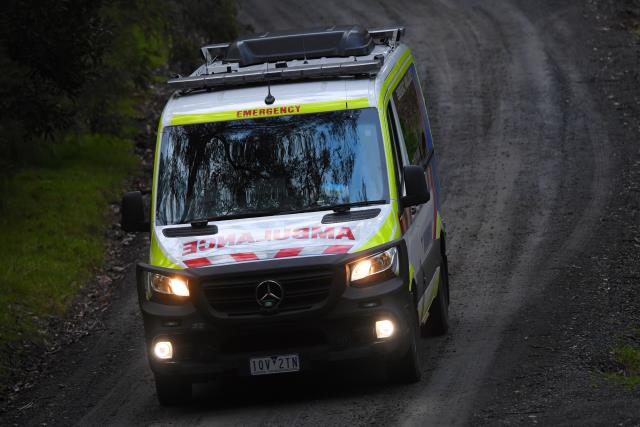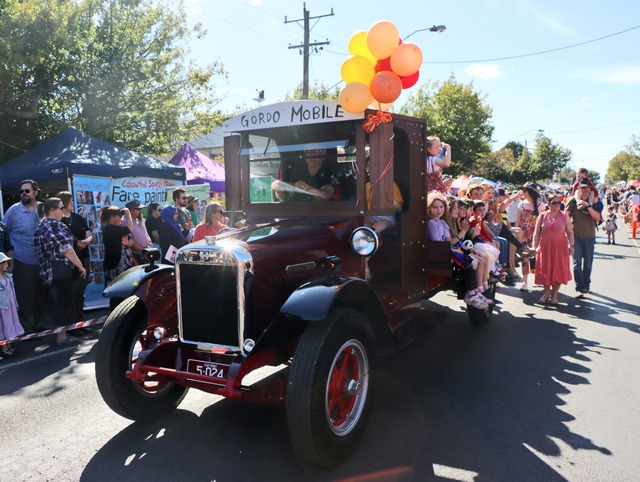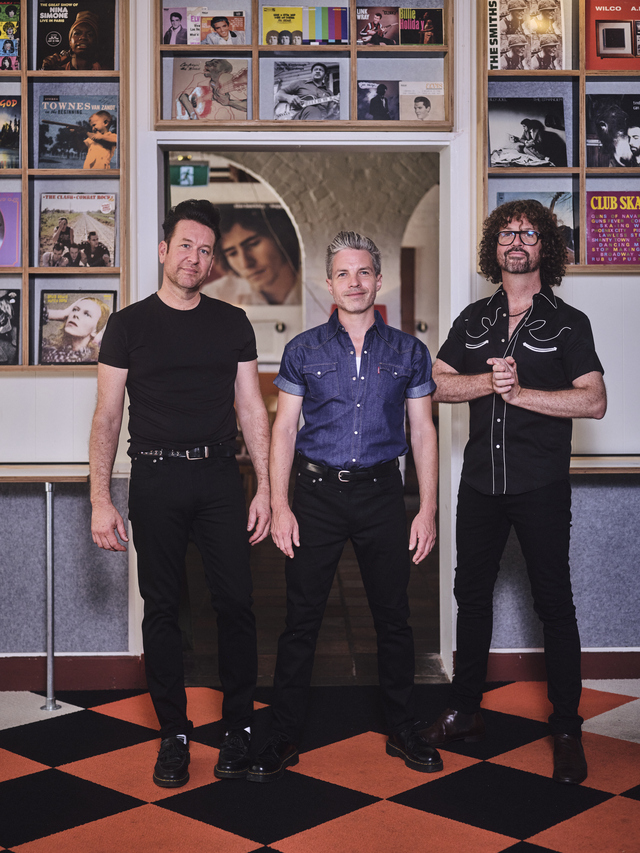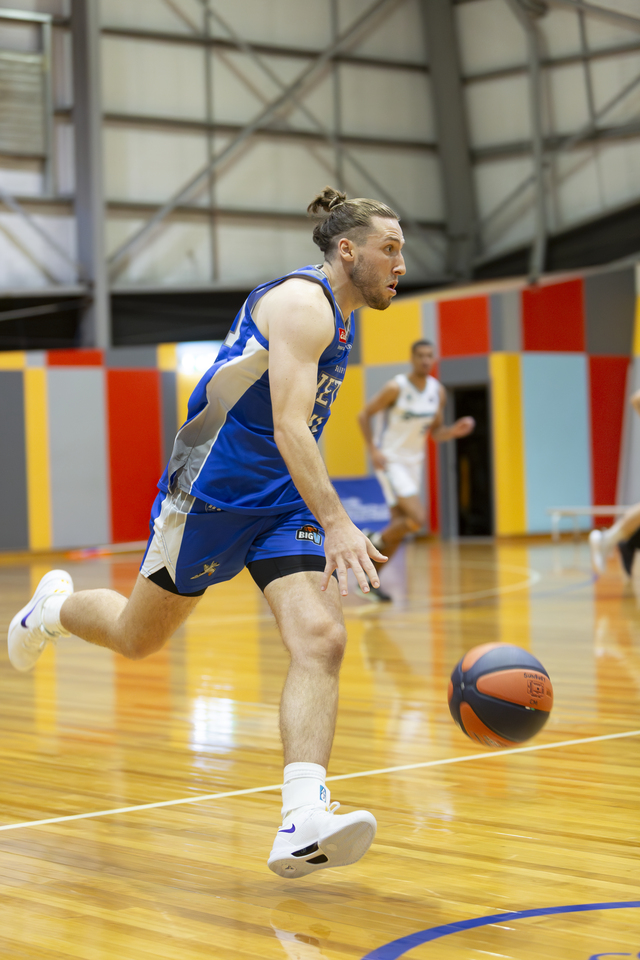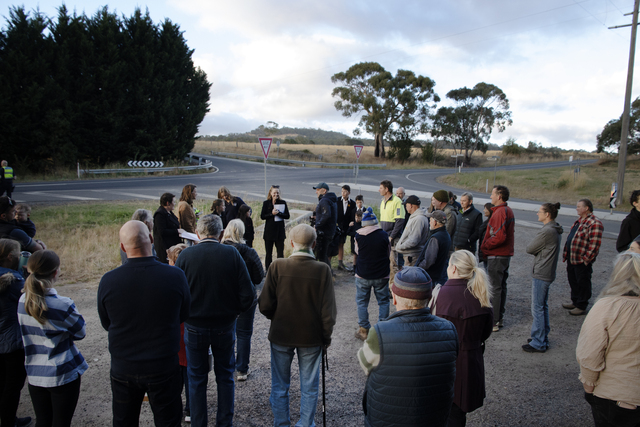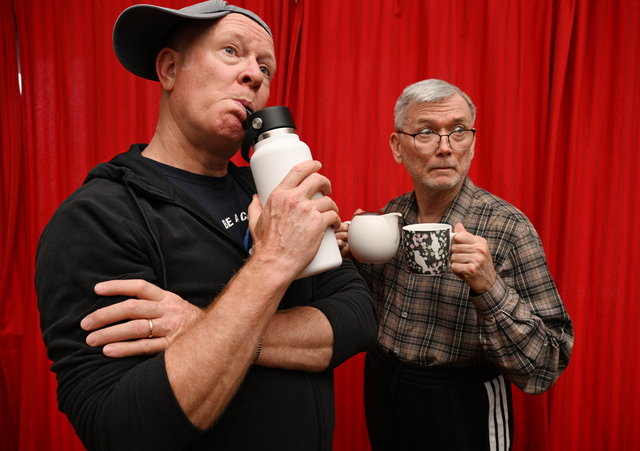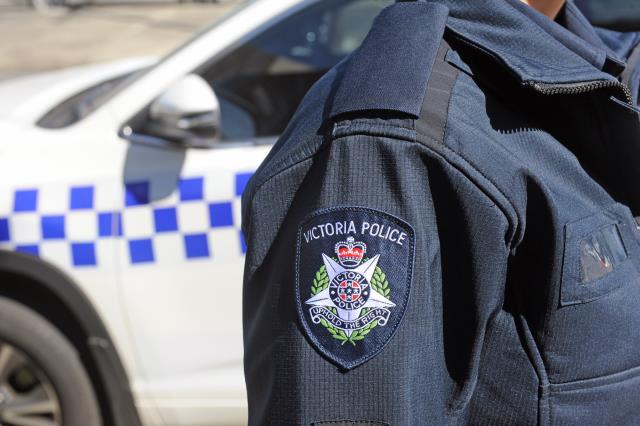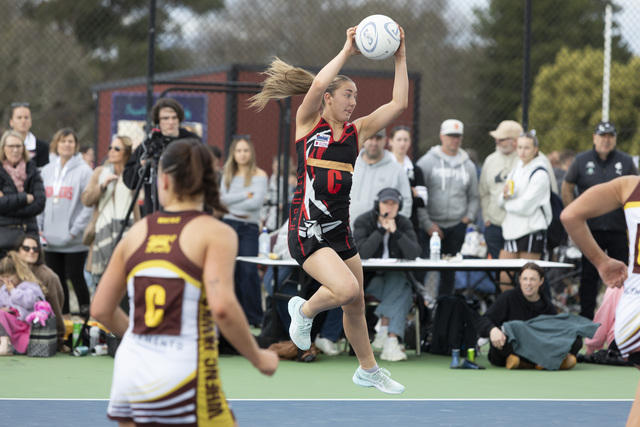Ambulance response times to urgent care calls in Gisborne are the longest they’ve been since the pandemic began, and the second longest in Sunbury, according to figures released by Ambulance Victoria.
Latest Ambulance Victoria (AV) data highlights the pressure the COVID-19 pandemic has put on the health system, as ambulances across the state were called to 97,928 code one incidents between April and June this year.
Wait times for code one incidents, which are those that require urgent paramedic and hospital care, remained above the recommended average of 15 minutes in both Gisborne and Sunbury.
In Gisborne, patients waited an average of 16 minutes and 15 seconds in the June quarter, up significantly compared to 13 minutes and 33 seconds in the same period last year.
Sunbury residents waited 17 minutes and 26 seconds, the second highest wait time for the urban centre in half a decade after the second 2021-22 quarter, which was 17 minutes and 28 seconds.
In the June quarter of 2020-21, the average wait in Sunbury was 15 minutes and 48 seconds, and before the pandemic in the fourth quarter of 2018-19, it was 10 minutes and 13 seconds.
According to the data there was an 18.4 per cent increase in potentially life-threatening code one cases in Sunbury from the same time a year earlier, or more than 100 extra cases.
Victorian Ambulance Union secretary Danny Hill said wait times were blowing out in outer metropolitan areas because hospitals were located closer to the city, meaning ambulances were transporting patients away from their branches.
“I think that the strain that’s on the system at the moment, the strain on hospitals means that crews are ramped longer so the crews are stuck in the city,” Mr Hill said.
“It leaves those towns uncovered… That’s just a by-product of the very steep increase in demand right across Melbourne.”
Ambulance Victoria Metro Region acting director Jess McGowan said the pandemic continued to put unprecedented pressure on the health system, with ambulances attending 1800-2000 cases a day.
“We’re working hard to relieve pressure in the system with more paramedics on the road and more resources at hospitals to help offload patients faster,” she said.
She urged the public to save dialling Triple-0 for emergencies.
Mr Hill said he was pleased to see a “shift in thinking” towards finding ways to reduce demand on ambulances “rather than just continually trying to mop up the workload with more paramedics”.

